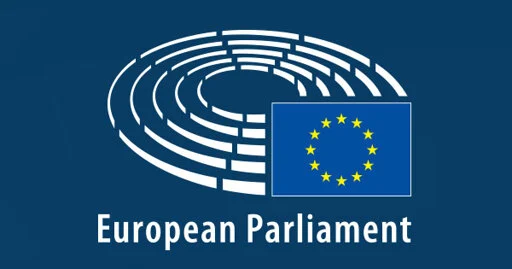European Parliament endorses new screening rules for foreign investment in EU
European Parliament endorses new screening rules for foreign investment in EU
European Parliament endorses new screening rules for foreign investment in EU | Uudised | Euroopa Parlament

Under the new rules, sectors such as media services, critical raw materials and transport infrastructure will be subject to mandatory screening by member states, in order to identify and address foreign investment-related security or public order risks. The procedures applicable to national screening mechanisms will be harmonised and the Commission will have the power to intervene on its own initiative or where there are disagreements between member states about potential security or public order risks emanating from a specific foreign investment. The new law will also cover transactions within the EU where the direct investor is ultimately owned by individuals or entities from a non-EU country.
[...]
The current foreign direct investment screening framework entered into force on 11 October 2020. It addressed growing concerns about certain foreign investors seeking to acquire control of EU firms that supply critical technologies, infrastructure or inputs, or hold sensitive information, and whose activities are critical for security or public order at EU level. The rules are designed to help identify and address security or public order risks relating to foreign direct investment involving at least two member states or the EU as a whole.
[...]
Now that the report has been adopted in plenary, negotiations with member states on the final shape of the law can begin. Parliament and Council must adopt the final legislative act before it can enter into force.